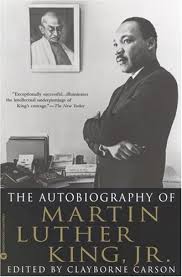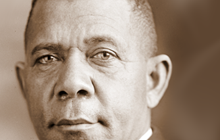Both sides of this dialogue are seeking to overcome racism and the inequality minorities face. Some are seeking to overcome the continuing effects of slavery on the African American culture. Martin Luther King, Jr. dreamed of a day when skin color would no longer be a basis for judgment in America. Most would say we have made progress, but have not gotten there yet. So what are the takeaways from this discussion? Let us end with some questions only you can answer for yourself:
- Does it help or hinder our freedom and prosperity in America to use any form of preference based upon skin color?
- In what real and measurable ways has affirmative action helped our cause in overcoming racism?
- If you believe affirmative action has not helped, but rather hurt the cause, can you cite specific examples or ways?
- What specific steps can you take to engage others in this discussion and debate?









